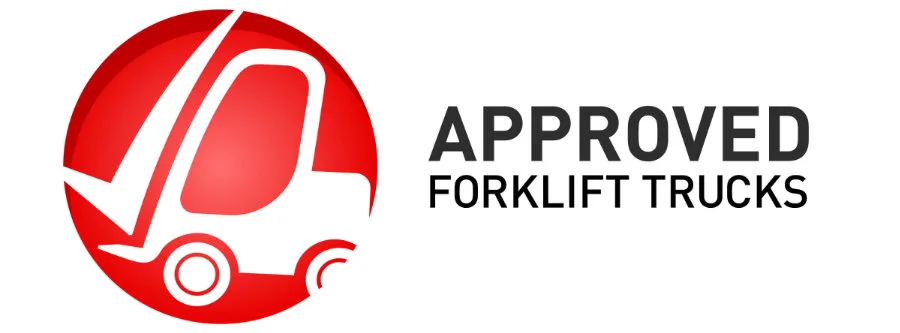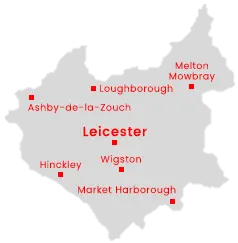Forklifts are an essential bit of kit in a wide variety of work environments, including warehouses and distribution centres. To ensure safe working on site, anyone operating a forklift should have completed forklift training and hold a forklift certificate.
Forklifts in the workplace
Forklift operators work in depots, warehouses, ports, and airports, safely loading and unloading or moving and storing goods. This is crucial to the smooth running of many businesses, yet it can be difficult to safely operate a forklift without the appropriate training.
Although a forklift licence is often mentioned, technically there is no such thing. However, to operate a forklift workers need to undergo training and, once qualified, will be issued a certificate to show to their employer. This certificate is often called a licence.
Why is forklift training needed?
Under Regulation 9 of the Provision and Use of Work Equipment Regulations 1998, employers have a responsibility to ensure that employees have adequate training before using equipment in the workplace, including heavy machinery like forklifts.
Operating a forklift requires skill and experience. Hiring a trained operator will ensure that forklifts are always used safely and will also improve productivity, as an experienced operator can move the forklift faster and more efficiently while remaining safe.
Accidents involving forklifts can lead to injuries or even death in the workplace, so it is essential that only fully trained operators are permitted to use a forklift.
Who should receive forklift training?
Anyone over the age of 17 can receive forklift training and a car driving licence is not required to attain a forklift certificate. Forklift certificates do not have an expiry date, however regular refresher training is recommended every three years.
Anyone operating a forklift as part of their job role should receive forklift training, including permanent and temporary workers. As more businesses move online and there are a growing number of warehouses and distribution centres, workers who have forklift training are in demand, and completing your training could help you stand out from other candidates.
Types of forklift training
There are three common types of forklift training: novice, conversion, and refresher.
- Novice forklift training. Designed for those who have never operated a forklift. An introduction to operating a forklift, including legislation and health and safety. Recommended for those looking for a job as a forklift operator.
- Conversion forklift training. Made for forklift operators who have experience but want to learn to use a different type of fork truck. Focusing on the features and controls of a specific type of truck, this training does not need to cover the basics so is usually completed faster.
- Refresher forklift training. Recommended once every three years for forklift operators. Refresher training is not mandatory however it can ensure skills remain up to date and help maintain best practice for a safe workplace.
What is ITSSAR-accredited training?
The Independent Training Standards Scheme and Register, or ITSSAR, writes and monitors training standards for mechanical handling equipment, including forklift trucks. The ITSSAR accreditation scheme ensures that training providers are delivering a high standard of training which will help improve workplace safety.
When comparing forklift training courses, look for a provider that is ITSSAR accredited, for the peace of mind that the course has been approved by the leading accrediting body for workplace transport education.
Book forklift training with Approved Fork Trucks
Approved Fork Trucks deliver ITSSAR-accredited training courses for all levels of forklift operator, including novice and refresher training. To book your place or find out more, call 0116 276 2868. Alternatively, use our contact form to get in touch.

